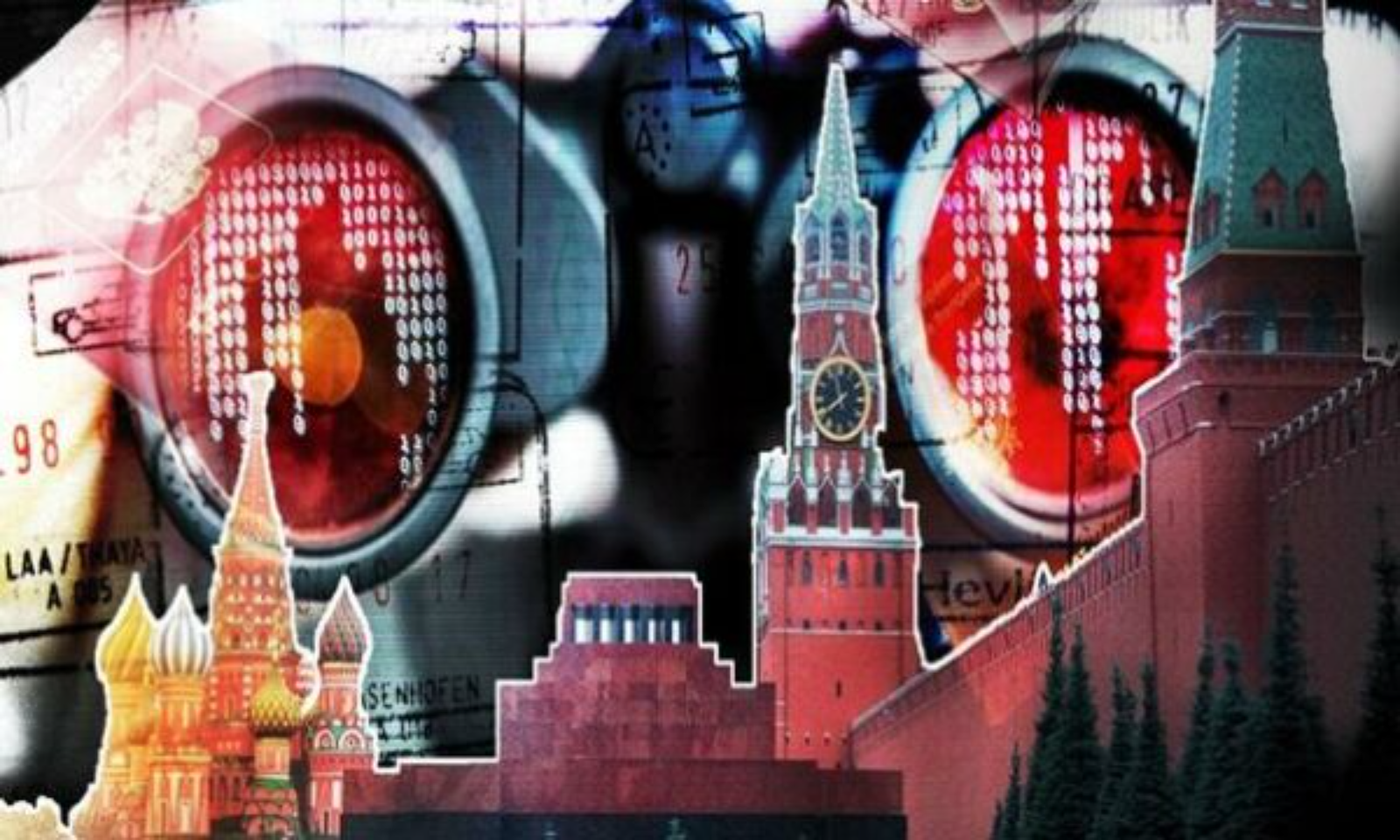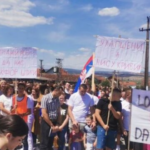The onset of the Russian invasion of Ukraine in 2022 led to widespread repression of war opponents within Russia, with nearly all independent activists and journalists fleeing the country. Several Kremlin critics living in Europe told the BBC that Russia is escalating efforts to silence them and threatening to persecute dissenters abroad. The Russian Embassy in London has declined to comment on these claims, reports Jutarnji.
Analyst Mark Galeotti, who studies Russian security services, agrees that the campaign against Russia’s “enemies” abroad is intensifying. “I think it reflects the Kremlin’s growing paranoia and is part of an existential political struggle,” he said.
With all domestic opposition suppressed, Russia is now turning its attention to opponents who have sought refuge in the West. Dmitry Medvedev, the former Russian president and current Deputy Chairman of the Russian Security Council, has described them as “traitors who sided with the enemy and want our homeland to fail.”
British police have also contacted other Kremlin opponents. “They said they needed to discuss my safety and that of my family,” says Ksenia Maximova, founder of the Russian Democratic Society in London. She adds that the police advised her against traveling to countries where Russian agents operate more freely.
“The Kremlin is indeed intensifying its campaign against the ‘enemy,’” she says, noting that they are “tightening the noose” around them. She and her fellow activists have noticed an increase in cyberattacks and attempts to infiltrate their online groups.
“For some time, we have been open about the growing volume of issues related to countering state threats… We are actively increasing resources dedicated to combating hostile state activity,” said a spokesperson for the UK’s counter-terrorism police in a statement to the BBC.
In December, a new UK law came into effect giving the police greater powers in combating threats from hostile states like Russia: “Parasites cannot rest easy…” is one of the messages investigative journalist Alesya Marokhovskaya received last year. The threat even included the name of the street in Prague where she lived.
“I moved to make their work harder. At first, we thought it might just be a crazy pro-Putin guy who recognized me on the street, but the messages became even more ominous. They call me scum and threaten to find me anywhere. I walk my dog,” said Alesya.
Why is this happening now?
“There was a period of confusion after 2022. In 2023, the agencies regrouped and found a new purpose. They received funding and began to increase the pressure,” says Andrey Soldatov, a Russian journalist who writes about intelligence services. Mark Galeotti notes that authorities are increasingly turning to “proxers” to do the dirty work, who are essentially criminal groups.
“If you want to beat someone up or even kill them, it’s much easier to hire them,” says Galeotti, who has written for years about the links between the Russian state and organized crime.
The Polish government believes this was the case with Leonid Volkov, a prominent activist and associate of the late Alexei Navalny. Four months ago in Lithuania, he was brutally attacked with a hammer but survived. Polish Prime Minister Donald Tusk said a Belarusian working for Russian intelligence paid two Polish thugs to carry out the attack. The three were arrested.
“The goal is to intimidate,” concludes Galeotti.







